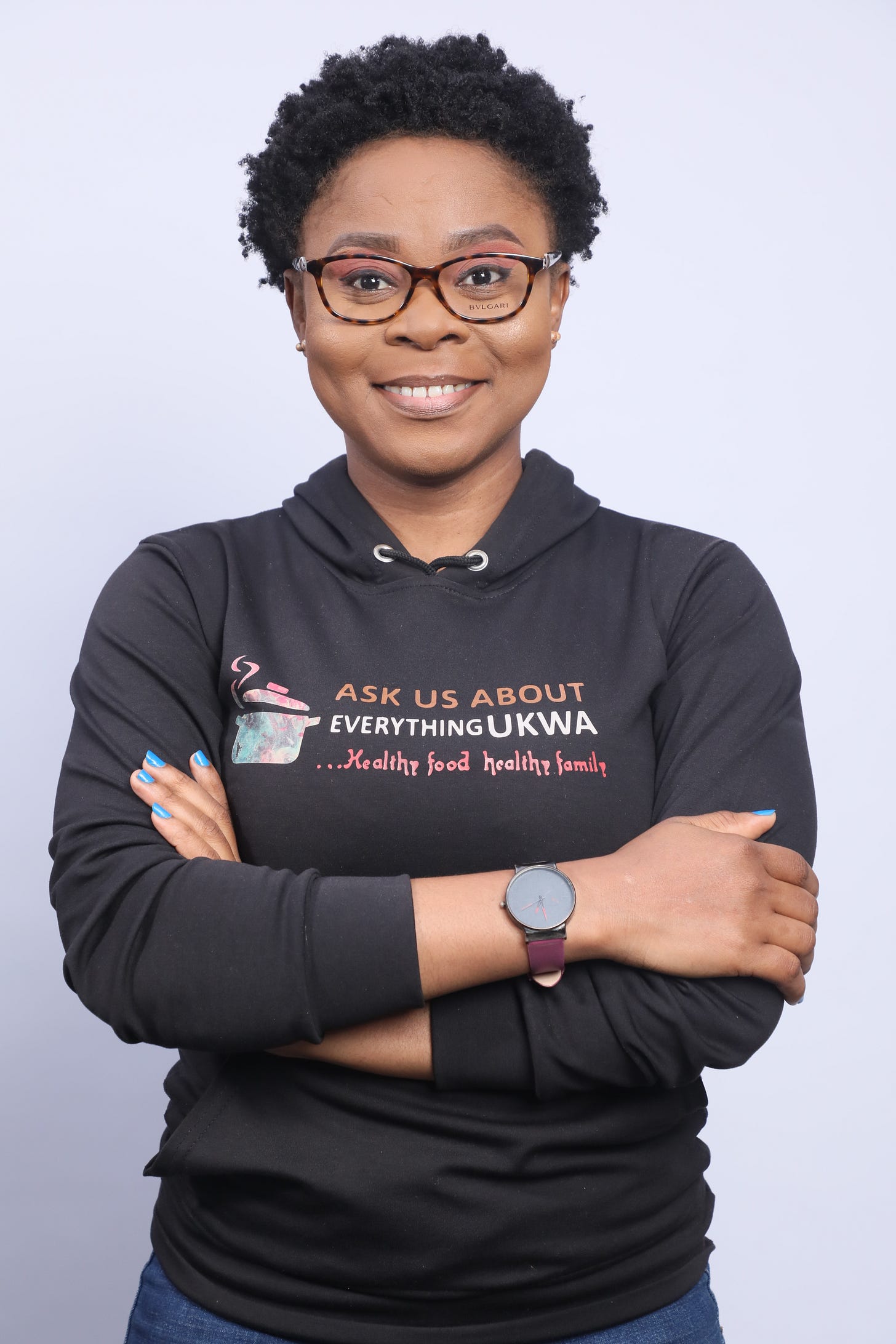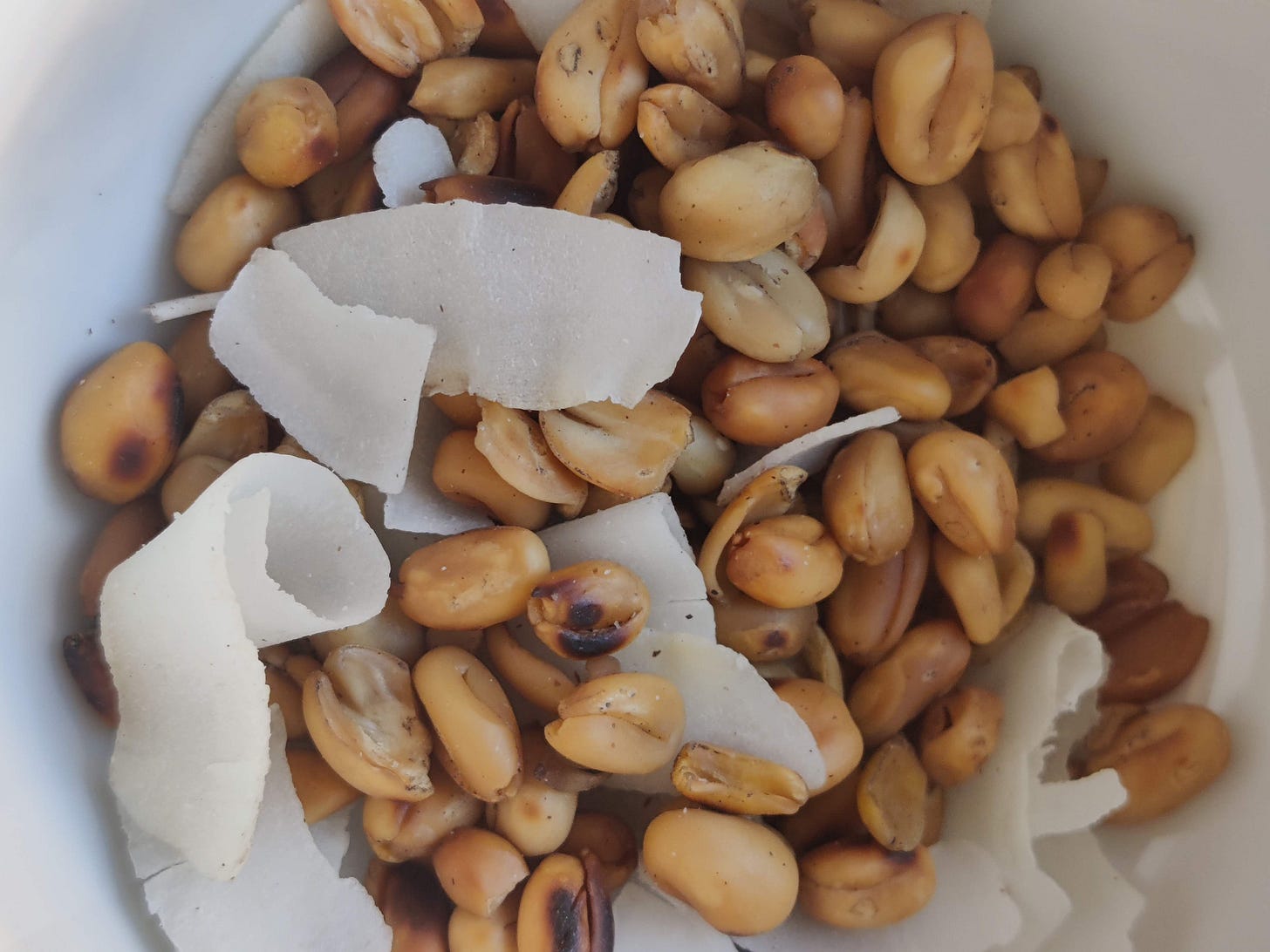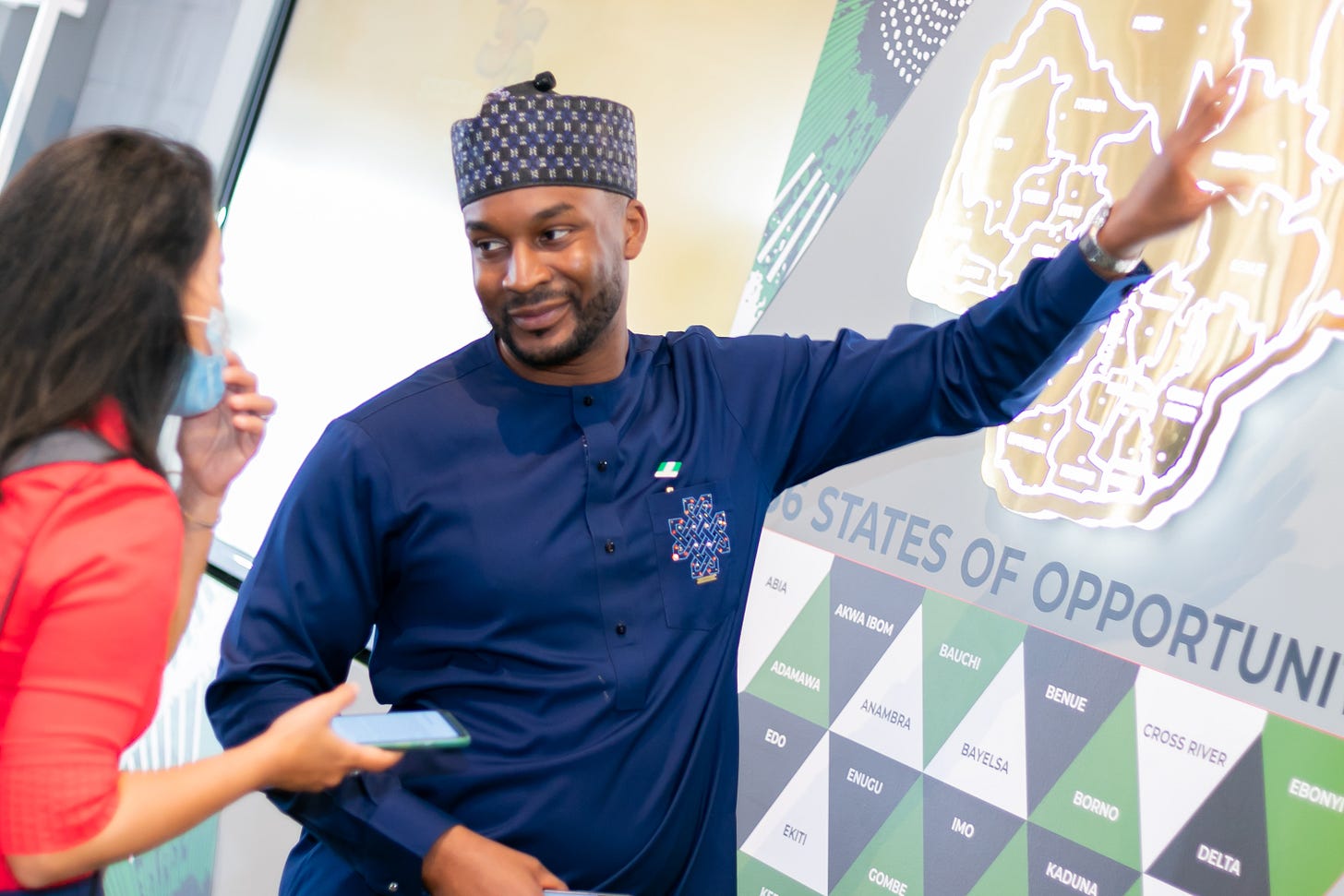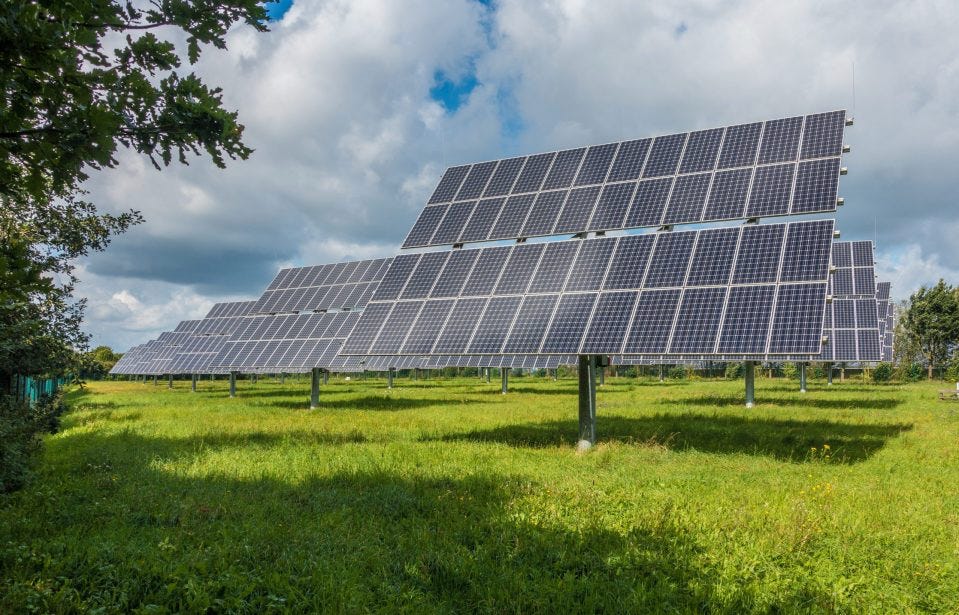Narratives and the Words We Use
A newsletter about food systems, climate change and everything connected to them
A word about words
Last week, I titled my newsletter, “Hunger Fallout from Ukraine-Russia Crisis”. When I shared it on LinkedIn, people called me out for using the word ‘crisis’ which they said didn’t fully capture what is happening - an unjustifiable invasion against a sovereign state. I agree.
I could have just changed the headline on the site but since this is a newsletter and many of you read it when it turns up in your inboxes, I thought the honest and transparent way is to admit I was wrong and that as a writer and communicator, I know the power of words and framing and should have paid more attention.
I’ve also since written an analysis piece for The New Humanitarian on what the invasion could mean for countries who import staple foods like wheat, corn and sunflower oil from Ukraine and Russia. It’s a grim but necessary read, if only to further highlight the incredibly wide fallout from this war.
You can find the article here.
“Beyond the unfolding humanitarian crisis for Ukrainians, the wider fallout – from regional port closures, large-scale displacement within and out of Ukraine, and crippling economic sanctions on Russia – could be far-reaching and devastating, especially for poor consumers in countries dependent on food imports, according to experts.”
A little announcement about myself
I am very happy to announce that I’m now working part-time for the Food Systems Newsroom of Lighthouse Reports, the Netherlands-based nonprofit investigative outfit with whom I worked last year on two different investigative projects - one on surveillance technology in Myanmar and another on the environmental and social impacts of Spain’s industrial pork industry.
They’re already highly-respected for their hard-hitting investigations on migration and arms trade and I’m super excited to join their newest newsroom on food systems. We’re going to be looking at Europe-wide issues so if you have ideas on what we should investigate, please get in touch.
Changing the narrative about food in Africa
Speaking of words and framing, hands up if, during your childhood mealtimes, your parents or older relatives told you something along the lines of, “Finish your food. Don’t you know there are starving children in Africa?”? Mine did.
Many of us who grew up in the 80s also remember the powerful images of malnourished Ethiopian children that filled newspapers and magazines. Unfortunately, those images - as well as the idea of hunger and poverty and desperation - became synonymous not just with Ethiopia but Africa in general.
Stereotyping of a whole continent by what’s happening in a single country is not only ridiculous but also very damaging in the long run. I know this because we (meaning The Kite Tales, one of my other hats) have been fighting for years against a simplified narrative of Myanmar.
Chimanmanda Ngozi Adichie talked about the danger of a single story in this powerful TED talk more than a decade ago. It still rings true to me today. In fact, in this age of constant communication and instant gratification, it is even more important not to fall into this trip.
Anyway, that’s a long-winded introduction to the main part of this week’s newsletter where I’m featuring two young, enthusiastic and ambitious entrepreneurs from Nigeria.
This is Chichi Eriobu, who is on a mission to bring ukwa - African breadfruit, also known as wild jackfruit - into fashion in Nigerian households and beyond. The enormous fruit (it can weigh up to 8.5 kilos) can be found throughout Africa.
Experts say ukwa porridge which uses boiled and roasted seeds is a delicacy for the Ibo ethnic group in Southeast Nigeria. In 2017-2018, Chichi, whose mother has been selling fresh ukwa for 35 years in her own retail shop, thought it was high time this nutritious fruit was consumed by more people and set up Phronesis Foods.
“What we are doing is to shine lights on food products that do not have the visibility or are ignored. We want them to become globally accepted food products,” she told me. “We want people to see products food products from Nigeria and to explore them.”
Her company now sells dried ukwa that people can put in their soups, stews and porridges, a ready-to-eat snack of roasted ukwa with coconut chips (I bought a pack from the Nigeria pavilion - it’s nutty and crunchy and quite nice) and ukwa flour mixed with some plantain that can be used for making cookies, biscuits and breads.
She is now working on an ukwa protein bar and ukwa shakes. She has at least a dozen more new ideas just from a single raw material, she told me.
“The more we come up with new products, the more we’re solving the problem of food waste because communities where we are sourcing raw materials from, well they have tonnes of waste and they do not have the wherewithal to explore or process them. So we come in, we structure smaller units of production plants in the different communities and we employ women and youths.”
But ukwa is a seasonal fruit, so anyone wanting to commercialise it needs to sort out the supply chain and Chichi has now built storage space to ensure year-round availability.
“We started with 100,000 Nigerian naira (about $240). We now have revenue running in millions of Nigerian naira every year now.”
But now that she’s becoming a bit of an ukwa expert - she says she has discovered different species in different parts of Nigeria alone - Chichi wants to expand and bring ukwa to an international audience. Her products are already available in Australia, she said.
Here, I am talking to Aminu Nyako, a Georgetown graduate who has worked for both the UN and the Nigerian government, but has since turned his attention to diary farming in the past two years. He runs the 15,000-hectare Sebore Farms in Adamawa, the country’s northeast region, which makes up nearly a third of the landmass and according to Aminu, is “the food basket of the nation”.
“It has a population of about 18 million people live in an area. Most are farmers. We have natural resources, livestock, shea butter, baobab, cowpea, sesame and hibiscus as well.”
There are around 2.1 million livestock, mainly cattle, but ownership is small-scale and household-based. For example, an individual or a family might own 50 cows.
Yet transport infrastructure is barely working, he said. It can take up to 15 hours from his farm in Adamawa to the neighbouring Taraba because Nigeria’s single carriageways haven’t been upgraded since they were built in the 60s.
“There are roads, but the aren’t built for commerce… So what we are trying to do right now is first and foremost, put agency on the household level that actually have a closer proximity to the resource, catalogue them, put them within the collection infrastructure and then transport (the produce).”
In practice, this means building places across the region’s six states to buy, collect and store fresh milk from the cattle owners on a daily basis and then process it to create butter, cheese, whey, etc.
“Now we're processing about 5000 litres a day. We just completed the largest fresh dairy processing plant in the country which can process 300 tonnes or 300,000 litres.”
Aminu credits rapidly evolving technology, in particular mobile wallets and solar power, for helping his company grow. His company pays farmers every week through their mobile phones and a solar farm on site provides him with reliable power to keep things fresh and safe.
It currently produces around five megawatt. The next step? To increase it to 100 megawatts and possibly up to 300 megawatts just for agro-processing.
“I moved back into Nigeria and I realised there’s only so far oil can take us as a country. The honest truth is when we found oil, Nigeria had 50 million in population. We still have the same natural resource base but over 200 million people. It is a diminishing resource. We can see what's happening with oil prices and there’s the whole issue around fossil fuels.”
“So the only other thing you can look at as a competitive advantage is your land and your people. Our people are into milk. Our people are enterprising. Our people are very intelligent. The potential in the Northeast is massive.”
As always, have a great weekend! Please feel free to share this post and send tips and thoughts on twitter @thinink, to my LinkedIn page or via e-mail thin@thin-ink.net.











